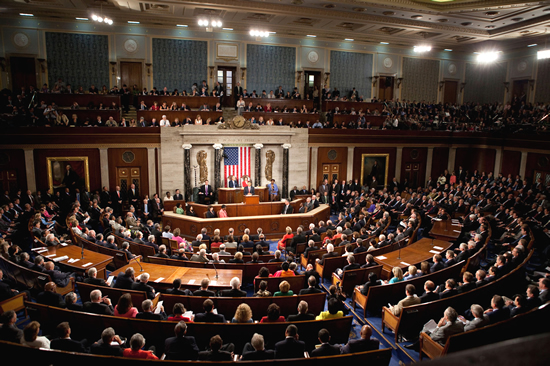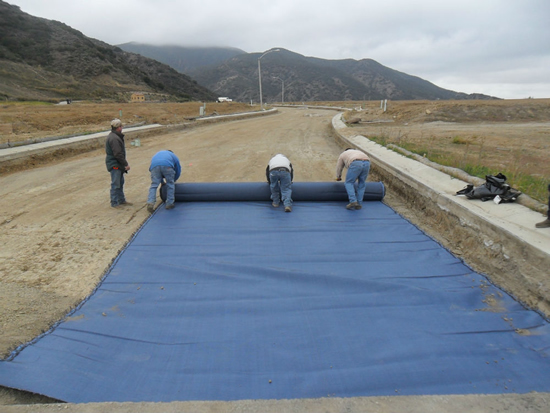
 On November 5, the US House of Representatives passed a six-year extension for the Highway Trust Fund. The House bill was overwhelmingly approved (363 – 64), which now makes it possible for a conference committee to bridge the gap between the House and Senate versions. The first substantially funded transportation bill in a decade seems to be on firm footing—a welcomed change in the US Congress.
On November 5, the US House of Representatives passed a six-year extension for the Highway Trust Fund. The House bill was overwhelmingly approved (363 – 64), which now makes it possible for a conference committee to bridge the gap between the House and Senate versions. The first substantially funded transportation bill in a decade seems to be on firm footing—a welcomed change in the US Congress.
The AASHTO Journal signals that the legislation would extend highway and transit programs for six years, three of which would be supported by Senate-developed revenue provisions.
Politico reports that Senator Jim Inhofe (R-Okla.), who chairs the Senate Committee on Environment and Public Works (EPW), has indicated that the bicameral conference on the bill will likely complete its work by November 20 with a multi-year deal secured.
The current Highway Trust Fund, which has been propelled along by stop-and-go funding approaches, is set to expire November 20.
No legislation since 2005 has supported a trust fund program beyond two years, making this transportation bill development even more worth attention.
The geosynthetics industry is welcoming it too. Geosynthetic materials have earned specific mention in the legislation, which is another big win. In May 2014, the Water Resources Reform and Development Act passed with mention of geosynthetics and pushed for the US Army Corps of Engineers to consider them for projects. In that legislation, geosynthetics were noted under “Resilient Construction and Use of Innovative Materials.”
With the transportation bill discussions on the House floor, which opened itself to transparent introduction and votes on roughly 100 amendments to the bill, geosynthetics were brought forth in an amendment proposed by Rep. Chuck Fleischmann (R-Tenn.) and endorsed by Rep. Peter DeFazio (D-Ore.), who cited Federal Highway Administration (FHWA) statements on the effectiveness and utility of geosynthetics in transportation engineering.
Rep. DeFazio is the top (ranking member) Democrat on the House Committee on Transportation and Infrastructure. Rep. Fleischmann is a fellow member of the committee, which is chaired by Rep. Bill Shuster (R-Pa.).
The long drought of dependable funding by Congress has been a steady headache for the construction industry and for communities throughout the US in need of highway, bridge, and other infrastructure improvements.
That the US House and Senate have some common ground in the House-passed version of the bill and that a committee between the chambers is already at work on final resolution is a very welcomed development.
That geosynthetics may move through to a finalized transportation bill is even nicer.











